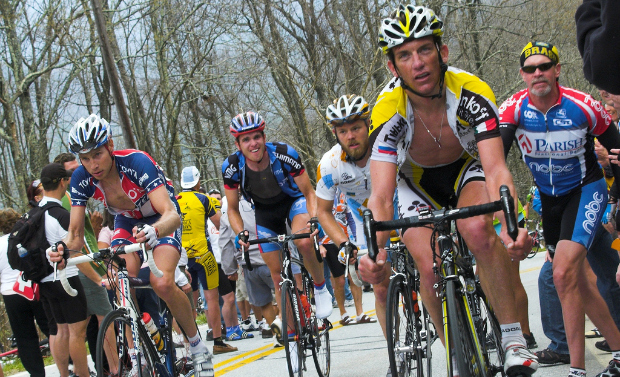
Is the passion and energy that initially spurred your interest in cycling still there?
Whether you're a beginner on the bike or you've been riding for years, it's important to sporadically check in with yourself. An ongoing assessment of your mental and physical state is critical to your overall progress on the bike, and corresponding adjustments will ensure you're a healthy rider.
EFFICIENCY
Cycling is all about efficiency.
Through the years, I've seen the majority of new riders aimlessly pedaling along in a difficult gear, muscling their way down the road. This type of riding is human nature, as it feels like you're pushing a bigger gear and therefore working harder.
In actuality, efficiency is key, and this type of riding (mashing the gears) is not ideal.
In general, a higher cadence (90-100rpm) is most efficient and has been physiologically proven. Overall, the goal is to "spin" efficiently, so think of cadence in terms of power output.
For example: If a rider pedals at 75rpm and is producing 200 Watts of power, then shifts into an easier gear--allowing the rider to pedal at 100rpm with the same 200-Watt workload--that rider is physiologically more efficient at 100rpm.
Why?
At the higher cadence, the work has been transferred from the muscular-skeletal system to the cardiovascular system--and the cardio system is much more efficient.
When pedaling at a higher cadence, the muscles actually produce less lactic acid than at the lower cadence with the same power output. By simply executing the custom cadence based workouts, riders can become very efficient. With practice and increased efficiency, a rider will feel like they are riding "easy."
I've found there is always a "light bulb moment" when riders realize they just completed their favorite loop in record time while "spinning easy".
LISTEN TO YOUR BODY
The best piece of advice I ever received was from my high school teacher, Phil Peck, in the late 80s.
Heart rate monitors were starting to become popular and he thought too many endurance athletes at school were letting their heart rate tell them exactly how they were feeling. While I'm a big fan of heart rate, cadence and power monitors, I think it's important to ride once in a while without them--just you and the bike.
Sometimes we forget what it's like to just go out on a bike ride and listen to your body without any of those distractions. While doing that, enjoy the simple things, like the wind blowing through your hair and the smell of nature.
RECOVERY IS CRUCIAL
The topic of recovery absolutely relates to listening to your body.
At Tyler Hamilton Training, we're always most impressed by the individual who reports the need for an extra day off, rather than the rider that hasn't learned to listen to what their body is telling them.
The hard work our clients put forth in training only creates the potential for increased fitness and performance. It's only through proper rest and recovery that true gains are realized.
THT works closely with clients on how and when to rest, and when to employ proven recovery techniques such as epsom salt baths, massage and active recovery. Recovery is just as important as the effort you're putting forth on the bike.
- 1
- of
- 2


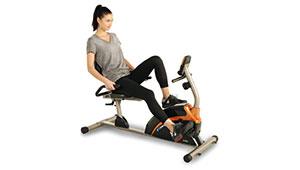

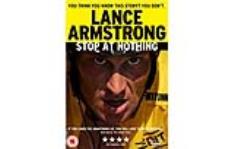
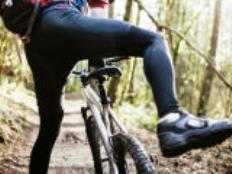
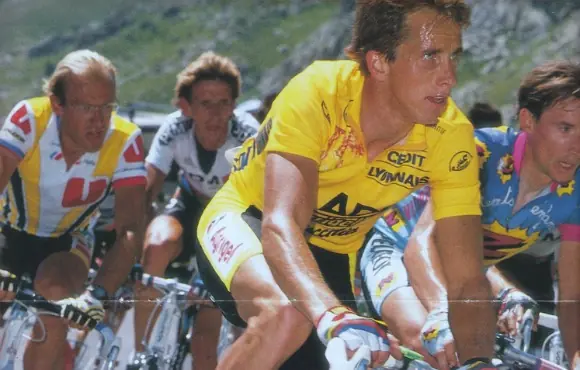
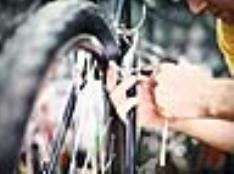
Discuss This Article